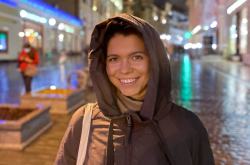This year, Ekaterina Beltyukova graduated from ITMO University’s Master’s program in Science Communication, where she specialized in Curation and Creative Projects in Science Communication. Ekaterina is interested in educating people in psychology, and in her thesis project she studied the way mental health is perceived by the Russian legislators, society and press, as well as analyzed online services that help find therapists. We talked to Ekaterina about what brought her to ITMO, the process of acquiring her Master’s degree here, her interest in psychology, and future plans.
On choosing the faculty
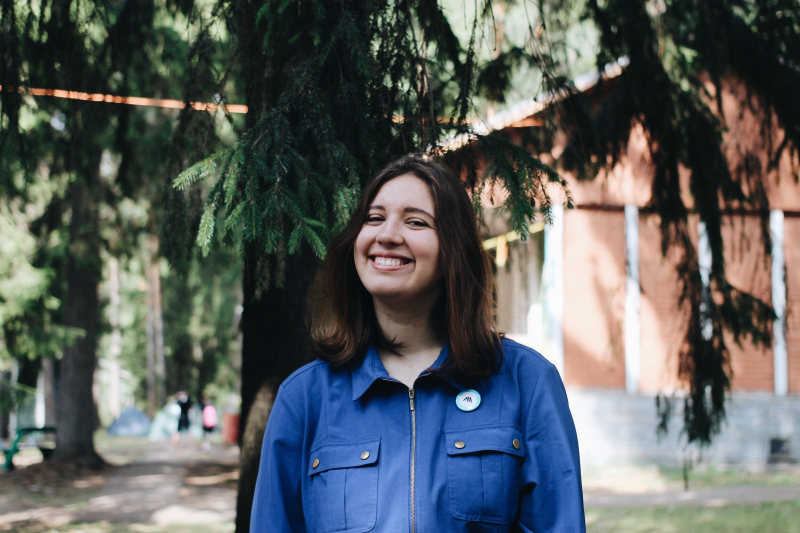
I first learned about this Master’s program in 2016, when I took part in a workshop on scientific communication at the Summer School. In general, I’ve long been interested in this field, as I have had an interest in science – biology and zoology – since childhood. After graduating from school, however, I went to get a Bachelor’s degree in PR and advertising. During these studies I always had a feeling that I was missing something more profound. I didn’t want to advertise makeup, entertainment or other similar things.
In my second year, we started a course on modern natural science, and it hit me – I can use my professional skills and interests to contribute to popular science. One can say that my whole life had led up to that moment.
Recently, I’ve become interested in mental health and that’s how I understood I can work not in popular science generally but in that area specifically as it seems more important to me.
About the study process
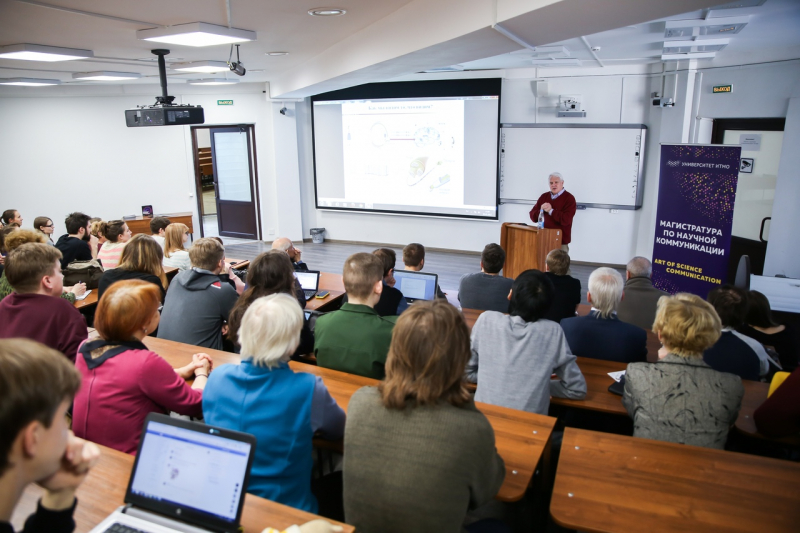
During my Master’s studies, I worked on several projects and events: I was one of the coordinators at the Open Lab, one of the largest offline events for testing your scientific knowledge, and I also was one of the organizers at the Summer School. With my groupmates, we went to the Science of the Future conference in Sochi, where we worked at the student media office. We were also responsible for media coverage at the conference of the Vavilov Society of Geneticists and Breeders.
I am really happy to have chosen this particular Master’s program. I find it awesome that many of our lecturers not only have theoretical understanding of their subjects but are actually practicing specialists. This is the main point differentiating my program from those in other universities, where the lecturers sometimes fail to catch up with modern trends. Oftentimes, we were visited by specialists from different cities – just to cover a specific issue or a specific course, so that they could tell us about the practical side of it.
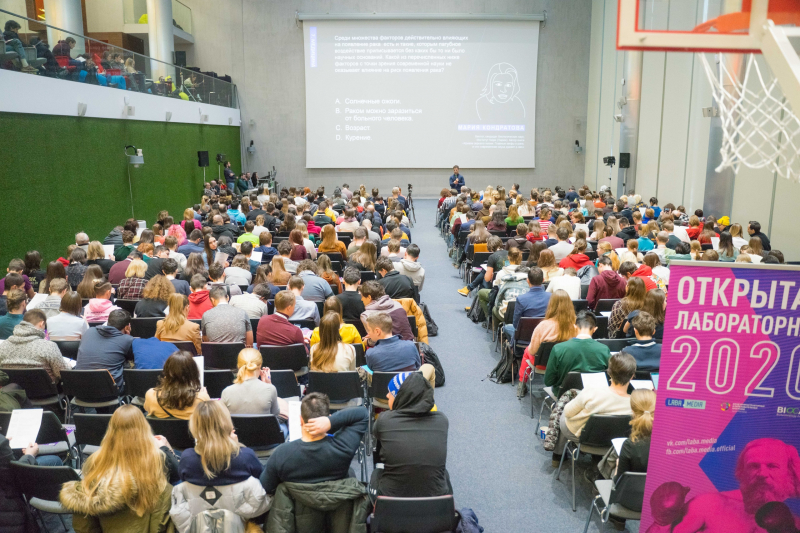
The second thing that I really enjoyed was that we had the opportunity to do short-term internships, and we had help finding places where we could partake in them. We frequently visited museums and institutes, where we were told about both research activities and communication. Moreover, a part of our classes was practice-oriented – for instance, in the fourth semester we had a joint course with the visual communication and educational programs agency Gonzo Design. There, we created multimedia projects for the D.I. Mendeleev Institute for Metrology and BIOCAD. We had the chance to test the skills we acquired during our studies in practice and, in my opinion, such work can contribute much more to shaping a specialist than just lectures.
Also, I am a fan of our teaching and administrative staff, so I have only positive impressions of my studies at ITMO.
On research interests
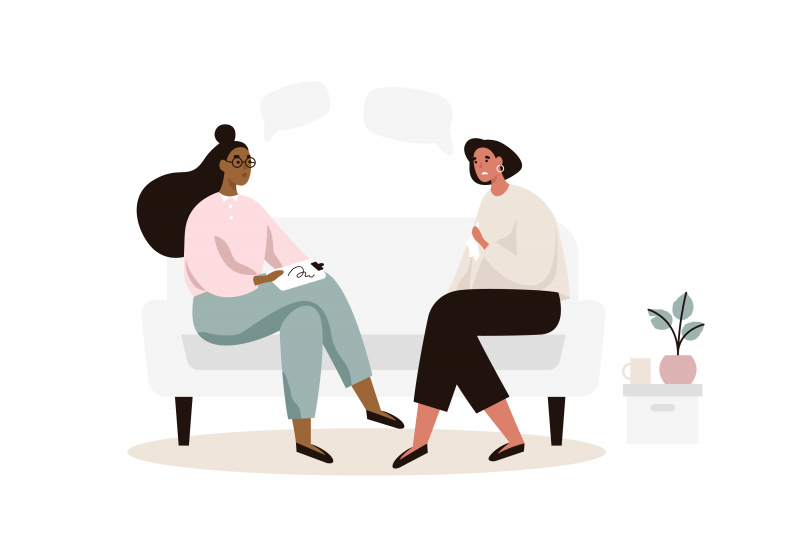
I am highly interested in the topic of mental health, so that was what I focused on from the first year onwards. I’ve found that in Russia, people are not really interested in psychology or their own mental health, and some of them cannot even tell the difference between a psychologist and a psychiatrist. According to the survey (in Russian) by the Public Opinion Research Center, only 1% of Russians turn to a therapist when faced with a difficult situation. It also became apparent that the laws in this field are not very specific – as of now, there is no law on providing psychological services, which means there are no formal criteria a therapist must meet. Actually, anyone can work as one.
In this sense, I was curious to analyze the online services helping people find their therapists, because these platforms have to come up with their own criteria for professionalism. I wanted to see how these criteria were formed and what was important for them. That’s why I performed content analysis of those projects and interviewed the founders of five of them. It turned out that the principles in different projects are the same and they make it possible to provide actually good-quality psychological help. They account for a specialist’s education, values, experience, ethics, as well as their own use of personal therapy and supervision. Many projects also contribute to raising psychological awareness among the public by writing blogs, hosting courses and participating in various events.
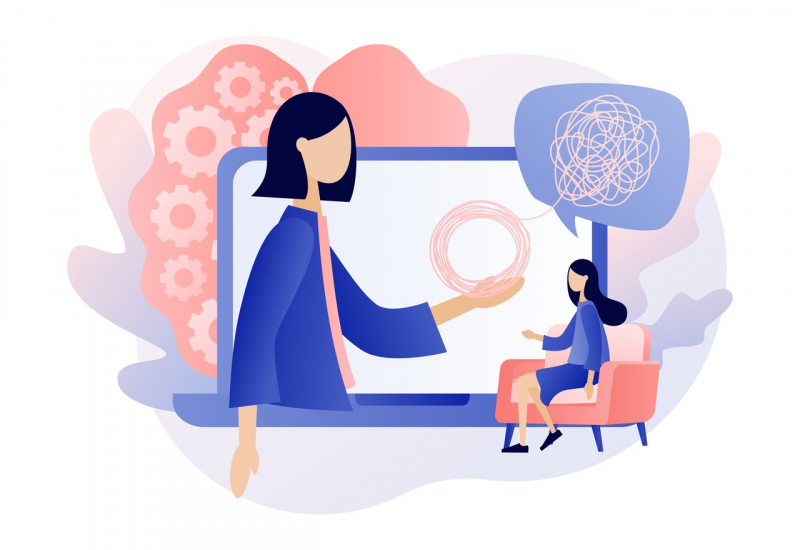
What next
Ideally, I’d like to be a science communicator for psychology. I would like to write about mental health and present psychology as a science, or organize educational events that would prompt people to think more about their mental health and wellbeing, and to no longer feel embarrassed to seek psychological help. So, I want to help destigmatize this topic, as everything to do with mental health is still taboo in Russia.




